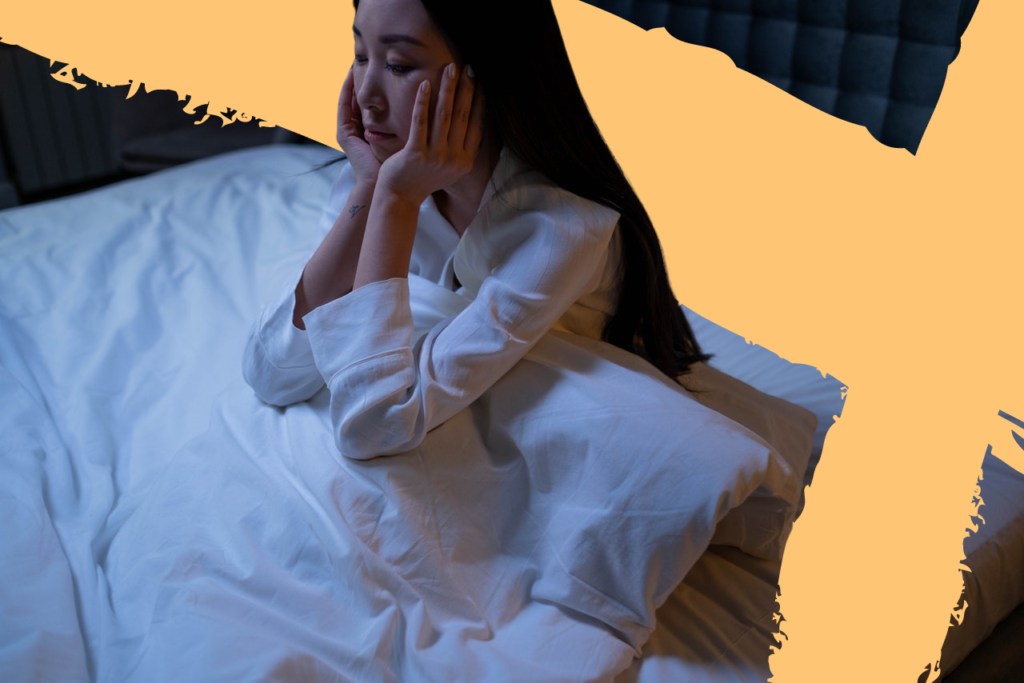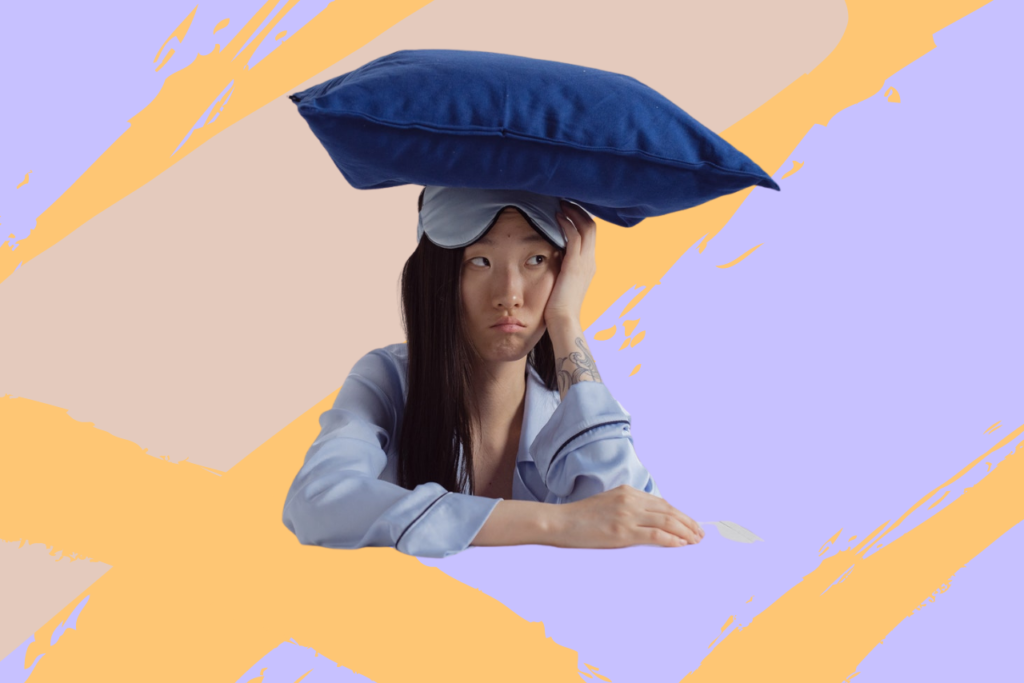Too many of us take our sleep for granted, viewing it as an unwelcome obstacle to productivity or recreation. However, this isn’t the case for millions of people. Indeed, as reported by the Guardian “Millions of Britons suffer from insomnia, which is often caused by stress, anxiety or depression”. And you may be surprised to hear that insomnia isn’t the only sleeping disorder that us Brits suffer from.
The Different Types Of Sleep Disorders
Sleep Apnea
A common misconception is that sleep apnea simply refers to snoring. Indeed, many dismiss it as such; an embarrassing issue that they don’t wish to talk about. However, sleep apnea can be a severe condition, with snoring purely a symptom.
In a nutshell, sleep apnea happens when your breathing stops during your rest at night. You won’t be aware when that happens, but it can occur numerous times during your hours of sleep. Without your knowledge, your regular sleeping pattern is disturbed, and, in turn, you’ll feel fatigued and lacking mental sharpness the following day.
If you experience frequent breathing pauses during your sleep, you may have sleep apnea. These episodes can be as frequently occuring as 20 or 30 times per hour in some cases. Other sleep apnea symptoms include dry mouth, sore throat, and a lack of attention. There are many other causes of sleep apnea, and sometimes it can be hard to identify and isolate. Accordingly, it’s essential you contact your GP if you suspect you’re suffering from any medical condition.

Insomnia
Okay, so we realise that we said ‘sleep disorders most people don’t know about’, but we simply had to mention insomnia nonetheless.
Insomnia is a common sleep disorder for many, but the term sometimes causes confusion. All ‘insomnia’ means is that you regularly have problems sleeping, staying asleep, or that you wake up too early. Some of the most common causes of insomnia include physical pain, stress, and major life changes. Even a simple change in your environment can make all the difference.
Insomnia may also be a symptom of a mental health disorder. Anxiety and stress are common sleep disruptors and can contribute to insomnia. Perversely, excessive worry about sleeplessness can often lead to further insomnia.
Accordingly, it’s important to consult with a healthcare professional who has had experience dealing with insomnia. This way, you can learn what the causes are and what treatment works best.
Read: 6 IDEAL ways to deal with your insomnia
Parasomnia
Many people suffer from some form of parasomnia. The disorder basically refers to an episode of abnormal behaviour while sleeping, where the sufferer is seemingly awake and engaged in activity, but is actually still asleep. The most common forms of parasomnia include sleep walking, sleep talking, teeth grinding, night terrors and bedwetting.
Sufferers often have glazed eyes and are confused about what is happening throughout the experience, and whilst parasomnia is indeed common, it may lead to disturbed sleep and embarassment.
Genetics plays a role in the development of parasomnia. Abuse of alcohol and certain drugs can lead to parasomnias, as can certain neurological disorders and some types of medication. Some people may experience a range of sleep issues, including a regular schedule.
Since sleep deprivation is one identified cause, one suggested solution to instances of parasomnia is to sleep in mattresses that are perfect for your size. If you sleep alone, for instance, you might find you’re better of sleeping on a mattress that is perfect for single sleepers.

Restless Leg Syndrome
Symptoms of restless leg syndrome (RLS) include an overwhelming urge to move the legs, which often occurs at night. A simple stretch or walk may help ease the discomfort, but it is more problematic when it lasts for long periods or occurs whilst you’re in bed, trying to sleep. It is possible to have RLS at any age, but symptoms tend to be more severe in older adults.
A sleep study can identify the type of RLS a person is suffering from. People with RLS tend to be elderly, but the condition is not confined to the elderly. Younger people can suffer from this disorder, and it is not uncommon for it to run in families. While the disease is mainly associated with the elderly, children can also experience it. The symptoms of this condition may go away once a child enters adulthood, and a person may experience it during the early years of life.
Narcolepsy
Narcolepsy is characterised by intense daytime drowsiness and, often, suddenly falling asleep. The degree of sleepiness varies between individuals, but it usually involves inattentiveness, drowsiness, and unintentional dozing off. This condition can lead to unintentional behaviours that risk affecting academic, work and social life.
Although narcoleptics can sleep for several hours, their sleep episodes are typically short. Often, they will fall asleep while doing something, such as writing. Once they wake up, they automatically resume the activity they were doing. Because their memory is impaired, narcoleptics may store items in strange places or get lost. If this happens, they may be in danger of an accident or other mishap.
Sadly, there’s no cure for narcolepsy, the condition can be managed via good sleeping habits. These include taking only brief naps during the day, having a proper bedtime routine in place, avoiding caffeine and alcohol, and exercising regularly.
For more on holistic, wholesome ways to improve your sleep hygiene and sleep through the night without waking (banishing daytime sleepiness in the process), click here.
The Bottom Line
If you suspect that you are suffering from a sleep disorder, it is important to consult a doctor. If you experience any of these symptoms, you may seek medical attention. Your healthcare provider will recommend the best treatment option for you. A qualified physician can properly evaluate your situation and recommend a treatment plan. In some cases, the only way to find the correct treatment for a sleep disorder is to consult a medical professional.

